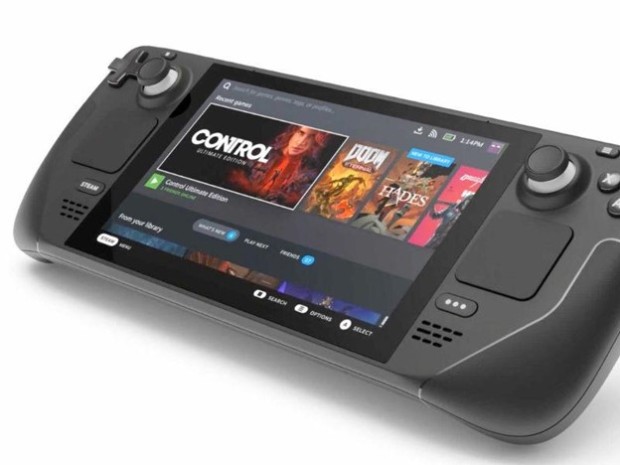A long time ago (well, if you want to call 30 years a long time), the video game landscape was much different. The Nintendo Gameboy was the dominant figure in handheld gaming, with a few other options scratching and clawing to grab a small slice of the marketplace – before most floundered into obscurity.
Fast forward to the year 2021, and handheld gaming constitutes a large percentage of gaming sales. From the ability to take full triple-A games with you when you travel, load up dozens of your favourite indies games on one device, and even play online Vegas style baccarat on the go – there is something for everyone nowadays on mobile devices.
This article focuses on hybrid gaming consoles, not on the growth of gaming on cell phones and tablets.
The Nintendo Switch – the Hybrid Console that Changed Everything
Nearly four and a half years ago, when Nintendo launched the Switch – no one knew whether the product would be successful. The Switch’s predecessor – the Wii U – was one of the biggest disasters in the company’s history.
Four years later, and the Nintendo Switch has been nothing but a bonafide success. The console’s total sales eclipsed 85 million in April, making it the fourth most successful Nintendo product behind the Nintendo DS, the Game Boy/Game Boy Color, and the Wii.
With the launch of the Nintendo’s OLED Switch in the fourth quarter of 2021 – the Switch has a reasonable chance of passing the Wii’s lifetime sales (101.63 million) to become its best selling “home console.”
Why has the Switch had so much more success – compared to its predecessor? Well, along with some quality first-party games (Breath of the Wild, Animal Crossing, and Super Mario Odyssey, to list a few), the most significant selling point has been its portability.
The fact the Switch can seamlessly transition from TV to portable was game-changing. While the system lacks the power of its contemporaries – it never set out with that as their goal in mind. Instead, they wanted to offer something new, and by creating a hybrid console, they succeeded in their pursuit.
The Switch has a few years left in its lifespan (most consoles last for six to seven years before they are replaced with something new).
The Steam Deck could be the Next Game Changer
The Switch’s popularity – especially during 2020, when it was one of the most sought-after commodities globally – is inspiring other companies to build their own hybrid consoles.
Steam recently announced they are launching a portable computer that looks similar to a Nintendo Switch. Valve’s idea was to provide gamers with a convenient device capable of playing PC games.
While the Steam Deck is not the first handheld PC gaming device to hit the market – it is much more alluring to gamers than previous iterations. For one, the price is reasonable – ranging from $399 to $649 USD (for the top-end version).

Although the price is still more than the Nintendo Switch – it costs less than half (for the basic version) than other handheld PC gaming devices, many of which have been nothing more than a clunky product that quickly gets outdated.
The Steam Deck specs are pretty impressive. It runs on a brand new AMD APU and offers enough in the other categories for games to look great on its 1200*800 screen.
While the Steam Deck specs are not as strong as a high-end PC – that is not the point of the product. Like Nintendo, the product is designed for people looking for convenience. Many games, such as Stardew Valley, have found mass appeal on the Switch, thanks to the console’s portability.
It also allows gamers interested in entering the PC gaming market a chance without spending thousands of dollars – offering Steam a sound, long-term value proposition.
The Steam Deck is expected to launch in stages in 2022 – with the better versions progressively released later in the year. Demand is already high for the product and likely only increases as demos of gameplay are released.
Will the Steam Deck usurp the Switch as the most popular hybrid console? Hard to predict but unlikely. The strength of Nintendo’s first-party games will always be as significant of a selling point as the portability. What the Steam Deck could do – for owners of both consoles – is cut into Nintendo’s software sales (mainly of indie and third-party games).